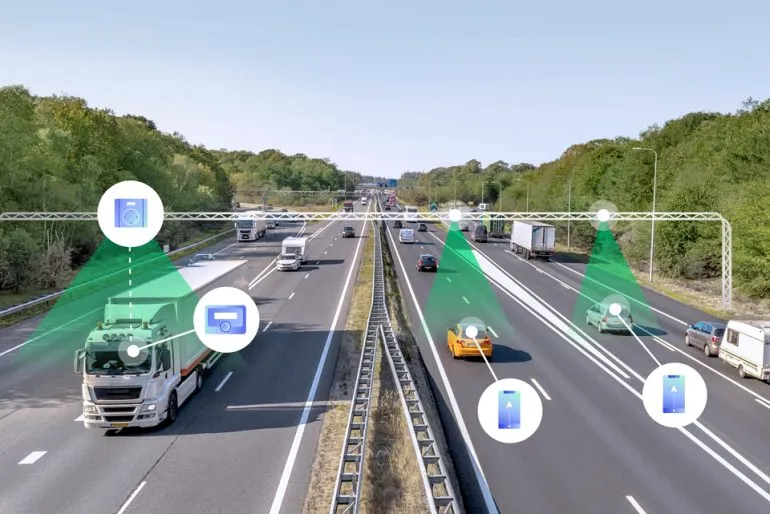Font size:
Print
Artificial Intelligence (AI) and Healthcare
Context:
The prospect of offering a “free AI-powered primary-care physician for every Indian, available 24/7” within the next five years is an ambitious goal, but it raises important questions about feasibility, sustainability, and India’s readiness for such a massive undertaking.

Applications of AI in Healthcare
- Medical Diagnosis: AI algorithms can analyse medical data to assist in diagnosing diseases more accurately and quickly than traditional methods.
- AI models for diabetic retinopathy (DR) are increasingly being developed and implemented to enhance the screening and diagnosis of this condition, which is a leading cause of blindness among individuals with diabetes.
- Drug Discovery: AI accelerates the drug development process by predicting potential drug candidates, assessing their efficacy, and identifying possible side effects.
- Personalised Medicine: AI can analyse genetic information and patient data to tailor treatments to individual patients, enhancing the effectiveness of therapies and improving health outcomes.
- Robotic Surgery: AI-powered robotic systems assist surgeons during procedures, providing enhanced precision and control.
- Healthcare Data Management: AI technologies streamline the management of vast amounts of healthcare data, improving the organisation and retrieval of electronic health records (EHRs).
- Narrow intelligence specialises in tasks such as predicting hospital kitchen supply needs, managing biomedical waste, or optimising drug procurement.
- Patient Monitoring and Engagement: AI applications can monitor patients’ health in real-time through wearable devices, alerting healthcare providers to any concerning changes.
- Diffusion models, which excel at identifying patterns in complex datasets, can assist in screening histopathology slides or target specific populations using medical imaging.
- Administrative Automation: AI automates routine administrative tasks such as appointment scheduling, billing, and claims processing, freeing up healthcare professionals to focus more on patient care.
- Predictive Analytics: AI can analyse patterns in health data to predict patient outcomes and identify individuals at risk of developing certain conditions.
- Large Language Models (LLMs) and Large Multimodal Models (LMMs) offer rapid access to medical knowledge, simulate patient interactions, and support the training of healthcare professionals.
- Telehealth and Virtual Care: AI enhances telehealth services by providing virtual assistants that can triage patient concerns, answer questions, and guide patients through their care processes, improving access to healthcare services.
Challenges
Ethical Concerns:
- Privacy and data security: Collecting massive amounts of patient data raises concerns about data breaches and misuse.
- Bias and fairness: AI algorithms can perpetuate biases present in training data, leading to unfair or discriminatory diagnoses and treatment recommendations.
- A recent petition by content moderators in the Kenyan Parliament against OpenAI’s ChatGPT has brought attention to the ethical challenges in AI development, particularly the exploitation of underpaid workers involved in training AI models.
- Transparency and accountability: Many AI systems, especially deep learning algorithms, are opaque “black boxes”.
- While Google DeepMind’s AI defeating world-class Go players is a notable achievement, the mystery behind the algorithm’s decision-making raises concerns in healthcare.
- Preserving human oversight and empathy: Over-reliance on AI could reduce human-to-human interaction and empathy in healthcare, which is important for patient comfort and the healing process.
Technical Challenges:
- Integrating AI with existing healthcare IT systems: Seamless integration requires deep technical understanding of legacy systems.
- Ensuring accuracy and safety: AI systems must be rigorously trained on medical data to provide reliable, safe recommendations for each patient.
- Gaining physician trust and acceptance: Doctors need transparency into how AI systems make decisions to feel confident in their advice.

Regulatory and Legal Issues:
- Lack of clear regulations: There is a dearth of common rules and guidelines for deploying AI in healthcare, especially for clinical applications.
- India currently lacks comprehensive AI regulation, such as the European Union’s Artificial Intelligence Act, making the need for safeguards even more pressing.
- Compliance with regulations: Healthcare AI must adhere to complex regulations like HIPAA and GDPR to protect patient privacy.
- Liability for AI decisions: It may be challenging to assign responsibility when AI systems make mistakes in diagnosis or treatment.
- AI-powered healthcare in India offers the potential for greater efficiency and reduced error rates. AI tools in healthcare must be developed and deployed with a commitment to the core medical principle of “Do No Harm.”



